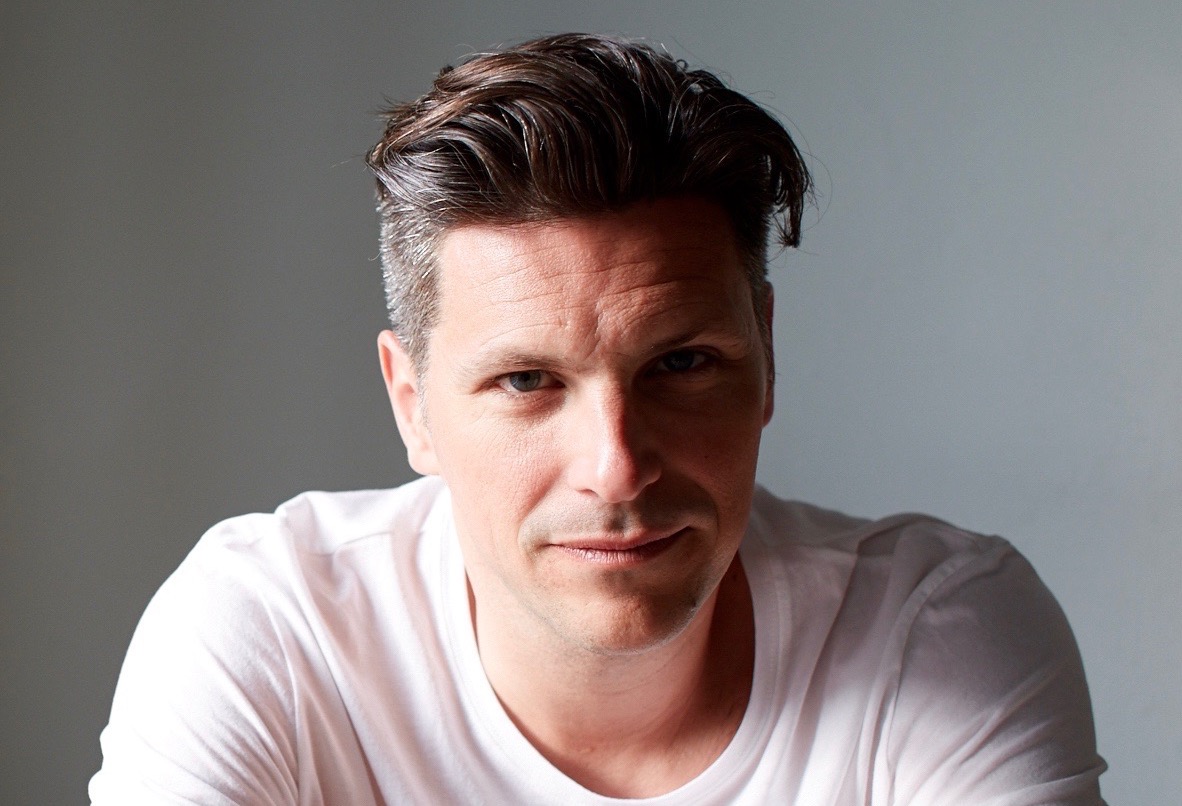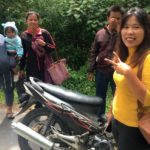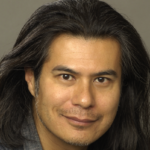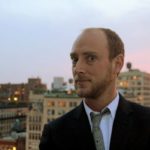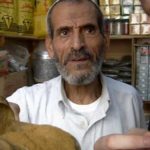Edmund Vallance is a London-born writer and musician. His travel stories and photographs have appeared in a wide range of publications, including The New York Times, The London Evening Standard, and The Independent. He lives in Los Angeles with his wife and two sons.
How did you get started traveling?
I went to Bristol University to study Spanish. My course included a year in Mexico, where I landed a job teaching English. That was my first extended break from rainy, orderly England, and it opened up a lot of possibilities. A few years later, I met my wife in London, and our itchy feet soon led us to America.
How did you get started writing?
My mother was an academic. Rattling away on a typewriter, and smoking cigarettes looked like a lot of fun to me, and I think that image was lodged in my mind from a very early age. Soon after university, I got a job at London City Airport magazine. The editor was very encouraging, and began sending me away to write European city guides. I’m still really grateful that he took a chance on me.
What do you consider your first ‘break’ as a writer?
Probably my first piece for The Independent – a travel feature focused on the Albert Camus novel, L’Etranger. I’ve loved Camus since I was teenager, so it was a real treat to go to Algeria and visit some of his old haunts. Not long afterwards, I wrote a piece for The New York Times about wreck diving in The Bahamas. That felt like a dream assignment.
As a traveler and fact/story gatherer, what is your biggest challenge on the road?
The main problem is time – or the lack of it. Usually, you only have a few days in which to get your story, so the trip is spent flying from pillar to post, gathering scenes and quotes. There’s very little time to process information. I suppose that’s part of the fun, though. You’re working on instinct a lot of the time.
What is your biggest challenge in the research and writing process?
I have a tendency to hammer away at the keyboard for hours on end. I should probably take more screen breaks. Cramming words onto the page may seem like a good approach, but it rarely yields results – at least not for me. If I get stuck, I find a long walk is pretty effective. And wine, obviously.
What is your biggest challenge from a business standpoint?
As newspapers and magazines tighten their belts, it becomes harder to make things work. Finding decent health insurance is also a challenge for freelancers, especially in the United States. It’s still a dream job, though, and I feel fortunate to be doing it.
Have you ever done other work to make ends meet?
Yes. I write copy for various travel and hotel websites. I used to work night shifts at The Guardian, inputting online news and travel features. There was no editing involved – just data entry – but I did get to read tons of excellent travel pieces. That whole experience was really useful; it inspired me to get off my arse and start writing my own stuff.
What travel authors or books might you recommend and/or have influenced you?
A couple of books I discovered whilst traveling in Mexico have had a profound effect on me. I read John Steinbeck’s The Log from The Sea of Cortez whilst on assignment in Baja California; and John Lloyd Stevens’ Incidents of Travel in Yucatan on a road trip to the Maya city of Uxmal. There are some fictional travelogues that are close to my heart, too: Joseph Conrad’s Heart of Darkness, and Cormac McCarthy’s The Road, in particular.
What advice and/or warnings would you give to someone who is considering going into travel writing?
Keep at it.
What is the biggest reward of life as a travel writer?
Meeting people. Simple as that. It’s wonderful to meet people from all corners of the globe. In our current political climate, I think that’s an important message to get across.

